Schedule a Call Back
Why Smart Manufacturing is vital for success of Make in India campaign?
 Articles
Articles- Nov 15,19
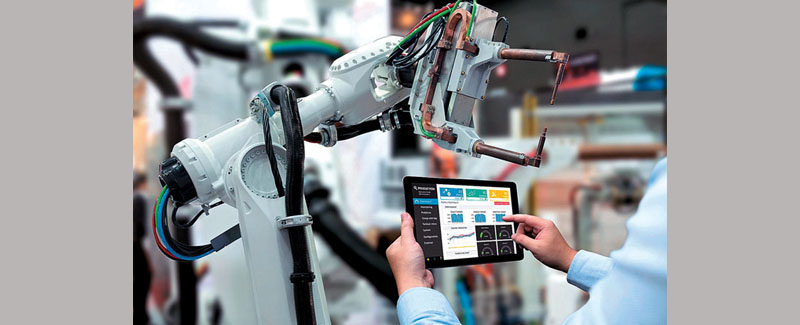
- Process: Agile and automated
- Product: Personalised and customised
- Scale of factories: Smart factories at decentralised locations
- Supply chain: Dynamic and predictive
- Success metric: High return on capital employed (ROCE)
- Client relationship: High and direct
- To compete against overseas manufacturers that are able to produce large volumes of goods at cheaper rates
- To implement “high mix, low volume” approach to create a smart factory, where even the production of small batches of products can be profitable
- To upskill, upgrade and update the industry ecosystem and supply chain about Industry 4.0 and Smart Factory trends
Related Stories

India is at a pivotal ‘Make in India’ inflection point: Manoj Patil
In this interview, Manoj Patil, Promoter and Managing Director, Patil Automation Limited, outlines its growth journey, capacity expansion, acquisitions, design-led approach, market challenges, and t..
Read more
Manufacturing Excellence in the Age of Integrated Automation and Industry 4.0
Manufacturing leadership is shifting from scale-driven efficiency to integrated, data-led systems that deliver resilience, sustainability and enterprise-wide performance through Industry 4.0 and aut..
Read more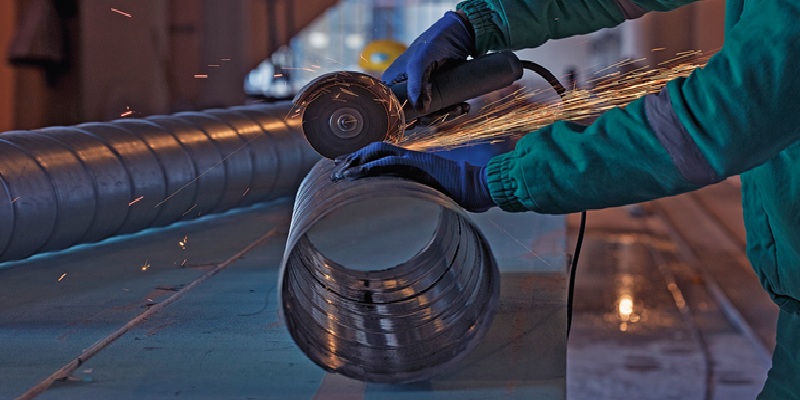
Resilience in Metal: Forging the Make in India Future in a VUCA World
The article examines how India’s stainless steel sector can turn global volatility, CBAM and supply risks into strategic advantages through sustainability, quality enforcement and digital transfor..
Read moreRelated Products
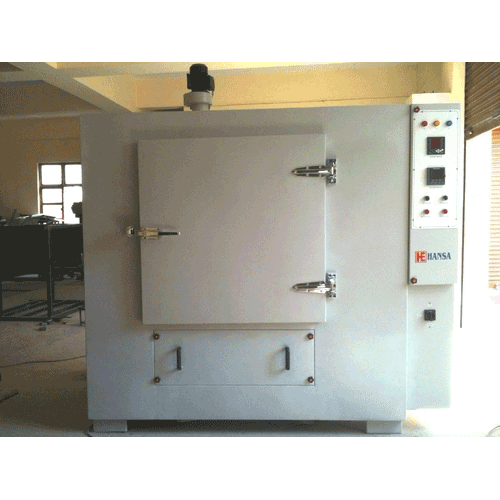
Heavy Industrial Ovens
Hansa Enterprises offers a wide range of heavy industrial ovens.
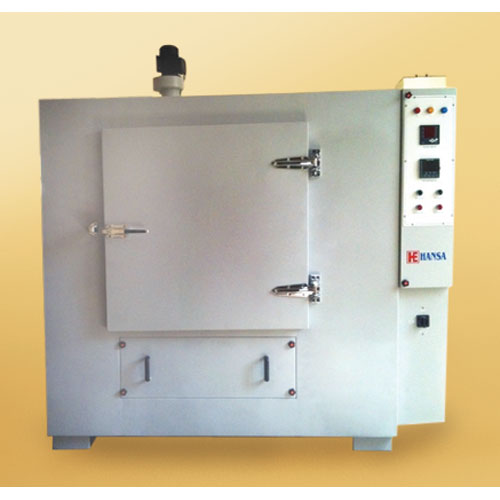
High Quality Industrial Ovens
Hansa Enterprises offers a wide range of high quality industrial ovens. Read more
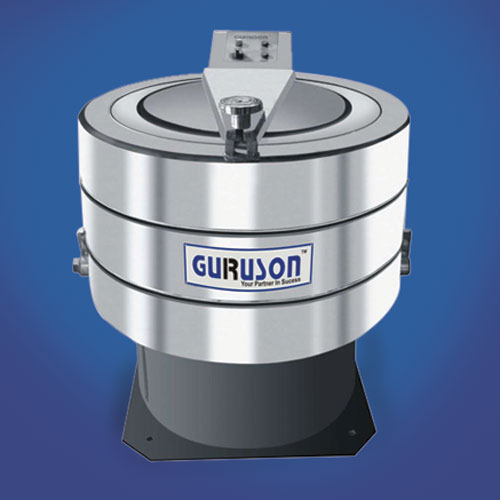
Hydro Extractor
Guruson International offers a wide range of cone hydro extractor. Read more














